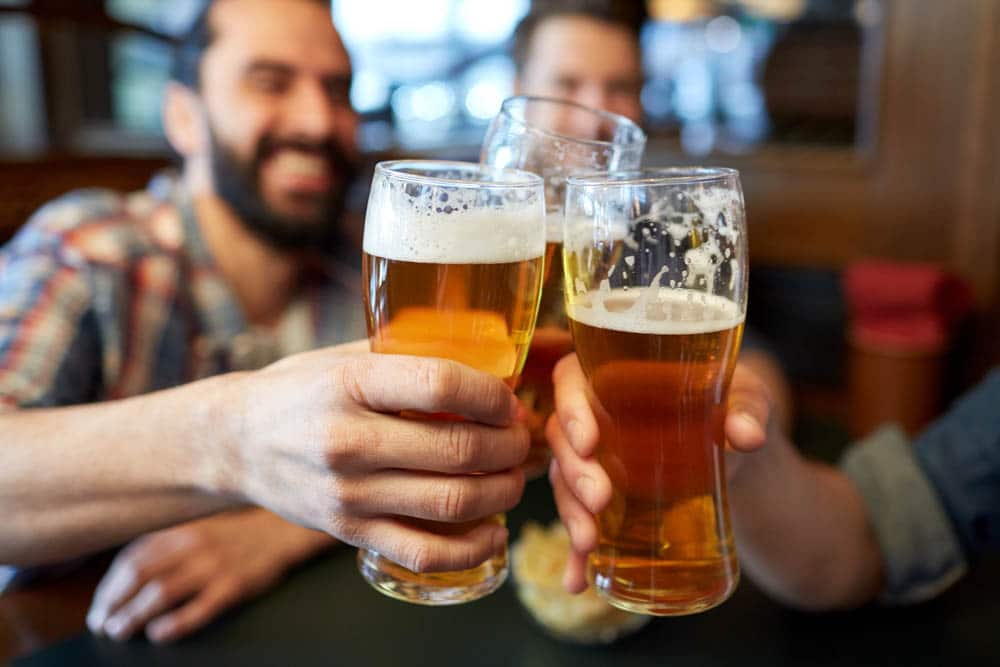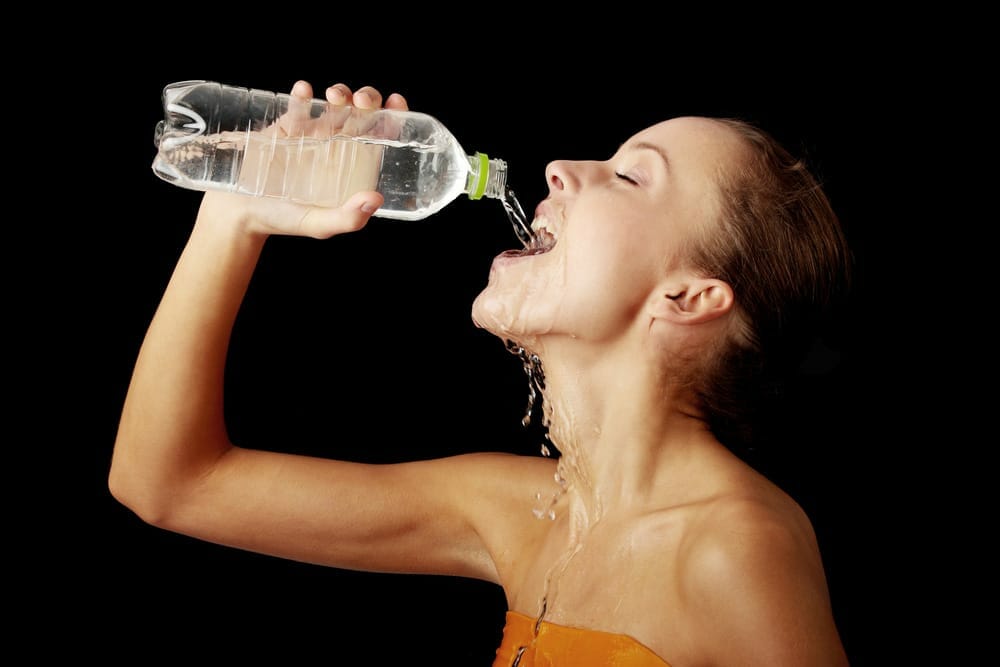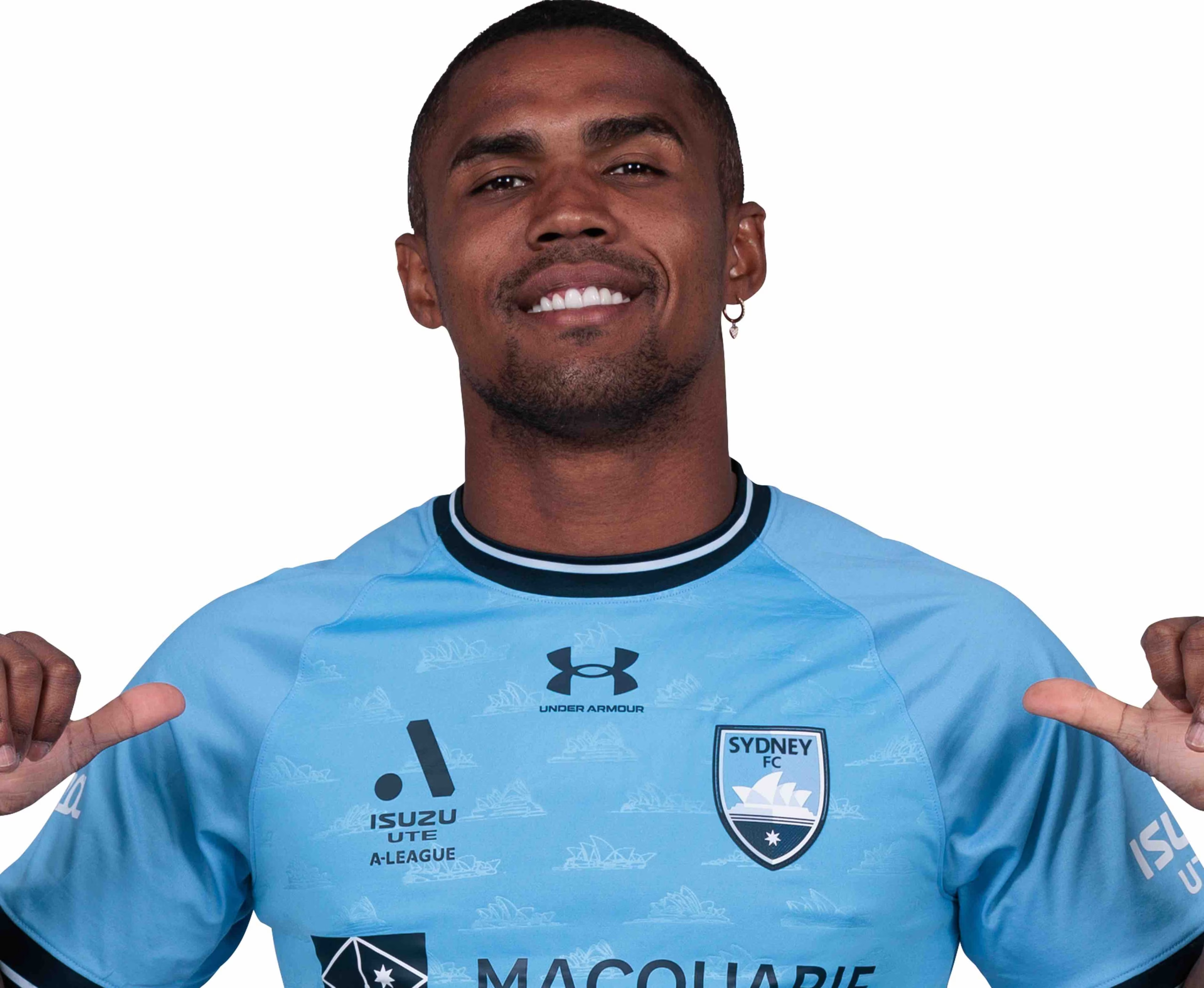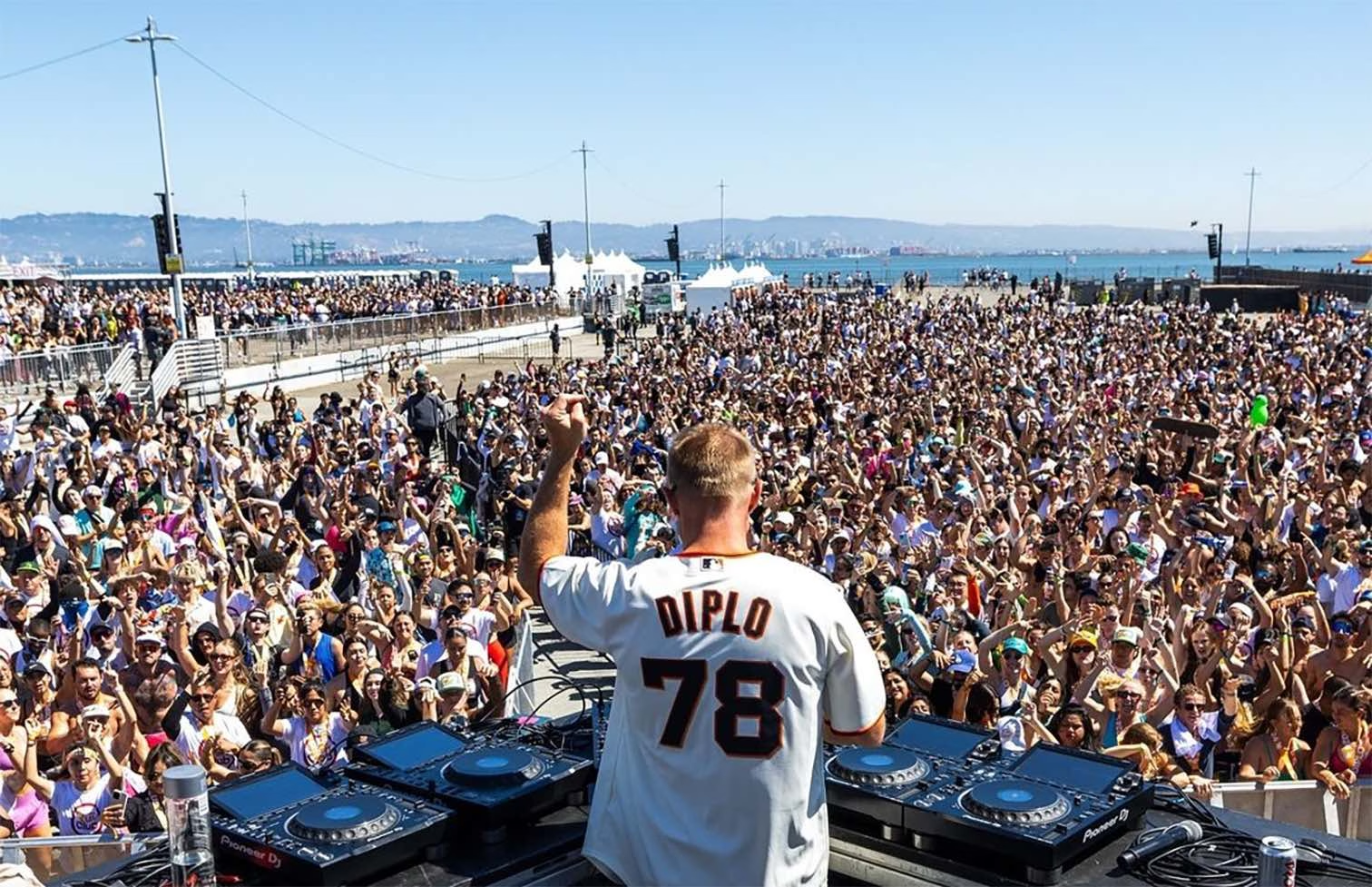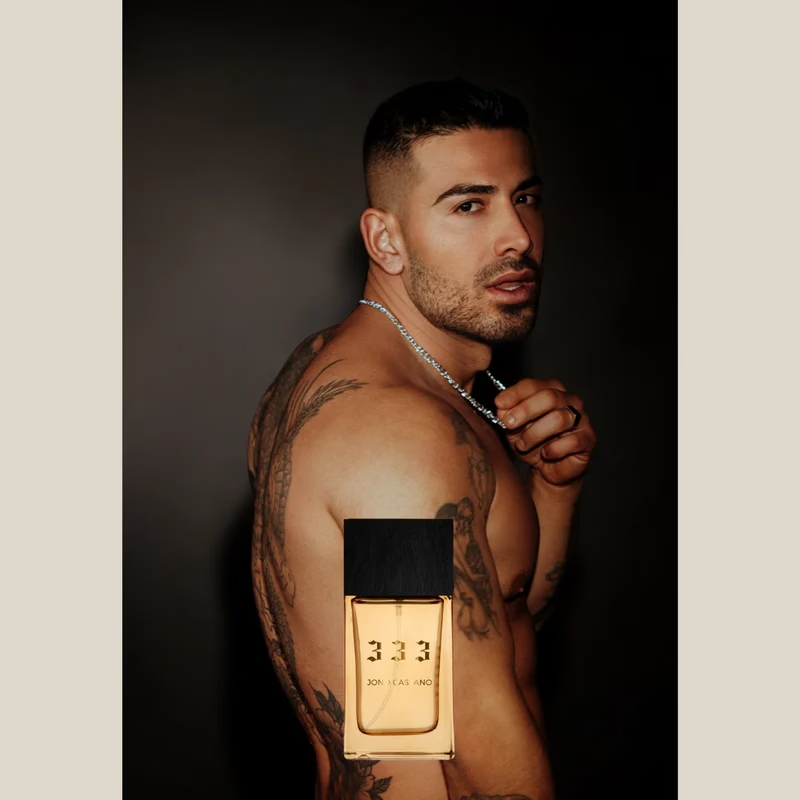If you’re serious about building a fitter, faster or leaner body then the science says you should avoid alcohol after training.
After a long, hard workout nothing quite quenches your thirst like an ice-cold schooner of beer. Water, an electrolyte drink or a protein shake would be better for you, obviously, but sometimes only the amber nectar can hit the spot. Indeed, there is a direct correlation between people who work out more and alcohol consumption, says research published in the American Journal of Health Promotion. But how detrimental to your training and your fitness goals is a post-workout schooner?
Alcohol Slows Recovery
Anyone who has ever had a few too many will know that even simple tasks the morning after, like getting out of bed, require Herculean efforts. So drinking after a tough workout will derail the next day’s workout – but the effects can last well into the day after that, too. The negative impact is even more pronounced if you’re training in an endurance discipline, according to research published in the journal Sports Medicine, because booze slows the speed at which your body recovers. This affects muscle recovery but also further compromises your immune system, which is already weakened by your endurance efforts, making it harder for you to fight off illness.
Alcohol Creates Food Cravings
After training, your blood sugar levels are low because a lot of your readily available energy stores are emptied. A night of drinking lowers them further, so you wake the next morning in a state of hypoglycaemia (very low blood sugar levels). This is one reason we crave sugary and fatty foods when hungover. Indulging that urge will spike and then crash blood sugar levels. Have a high-protein breakfast of scrambled eggs and lean bacon with wholemeal toast instead.
Poor sleep
Consistent sleep is essential for better training performance and recovery, and while boozing before bed might send you to sleep faster, it impacts sleep quality. In a study, subjects who drank just before bed did have more slow wave sleep patterns (called delta activity), which is the period of deep sleep associated with restoration. But they also had heightened alpha wave patterns, which your brain displays when you’re wide awake, according to the Alcoholism: Clinical & Experimental Research journal. This competition between alpha and delta waves disrupts sleep, which is why you’ll often wake up still feeling tired after drinking.
Fat storage
Whether you work out for faster times or for a leaner body, drinking too much too often will end your ambitions simply by making you fatter. A gram of alcohol contains seven calories, just two less than a gram of fat, but unlike fats – which contain vitamins and other compounds essential to good health – alcohol calories are nutritionally empty, containing little more than energy you don’t need. With around 200 calories in 600ml of beer, or 180 per 250ml glass of wine, these excess calories cause weight gain and obesity, according to the journal Clinical Laboratory Sciences.
Related: 4 Fat Loss Hacks
